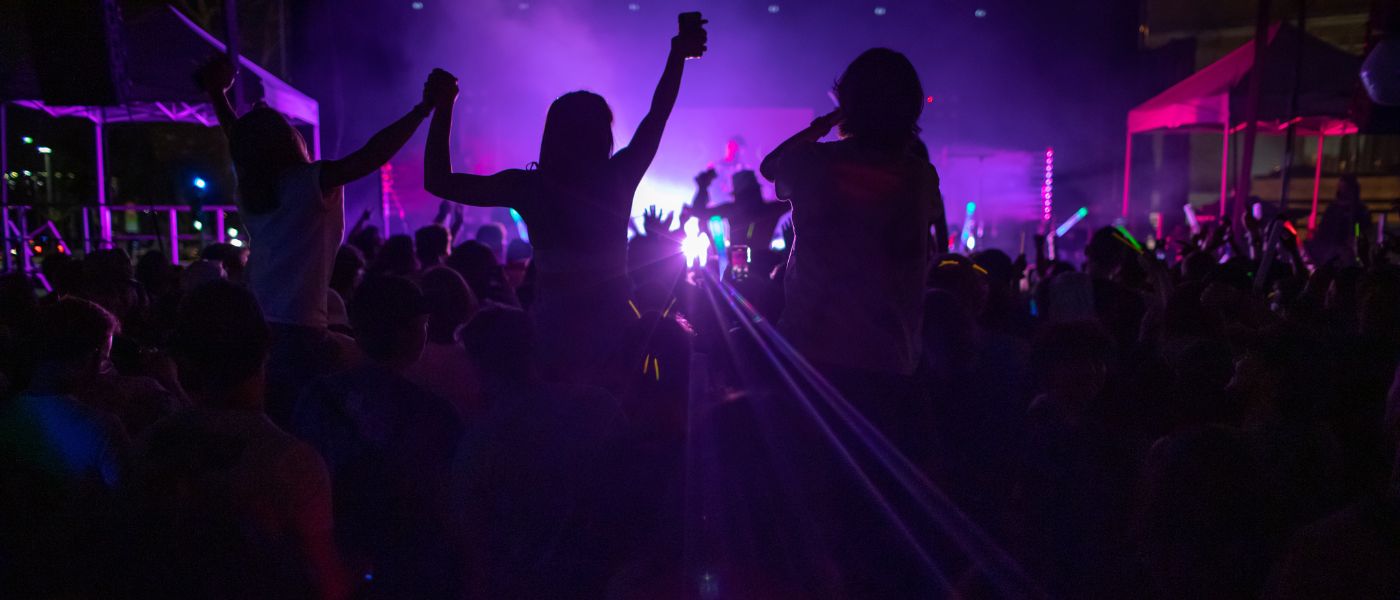From ancient ritual practices to modern-day digital streaming, music has served as an expressive outlet for individuals while fostering a sense of community and belonging among different cultures for centuries.
Each year on June 21, World Music Day (also known as Fête de la Musique) highlights the rich diversity of musical traditions around the world by encouraging people of all ages and backgrounds to showcase their musical talents and creativity, whether through organized events or spontaneous performances.
“Everyone is musical,” said Lisa Koops, a Case Western Reserve University professor of music education who specializes in early childhood music and elementary general music. “It is an important part of our lives, available to everyone, in many different ways.”
Koops’s most recent book—A Family Guide to Parenting Musically—highlights how families can engage in music in their daily lives.
Read on to hear Koops’s thoughts on how music impacts us all.
Answers have been edited for clarity and length.

1. Music can be a tool, environment or activity for many practical, relational and blended purposes.
Some practical purposes include helping pass time while cleaning, driving and napping, or soothing an individual when hurt or upset.
On the other hand, a relational purpose can include family members engaged in music during a worship service or children listening to music with great grandparents while hearing stories about when they were dating.
An example of a blended purpose include a parent and child taking piano lessons and each practicing on their own but sharing their journey together.
2. It can also be used as a tool for social change and political movements.
We’ve seen music used as a tool in major ways, such as passing along key details about the Underground Railroad and pathways to the North for enslaved individuals, mobilizing individuals during the Civil Rights Movement, and providing solace during moments of national mourning.
Music also can be powerful in micro-political settings or for encouraging change for an individual or a small group. Talking to friends and family members about a song that made a difference in their life or the “soundtrack of their lives” can uncover these important stories.
3. Music is integral and interwoven in cultural heritage and traditions.
In some languages, there is no individual word for music. Those languages have a single word for music, dance and drama reflecting the unity of these art forms within the culture.
Music is a part of life cycle moments, from birth and newborn rituals and marriage ceremonies and celebrations to death and grieving. Music is also a way for teenagers to differentiate themselves from their elders and then to return again later, and for children to affiliate with peer and family groups.
4. Music plays a central role in mental health and emotional well-being.
The field of music therapy provides evidence, and anyone who has used music in moments of physical or emotional pain, anger, joy, or uncertainty can recognize the role of music.
Stories from Kenitha Roberts and Pua Pe’a, both mothers of award-winning musicians, illustrate the power of music in their children’s lives on the Parenting Musically podcast.

